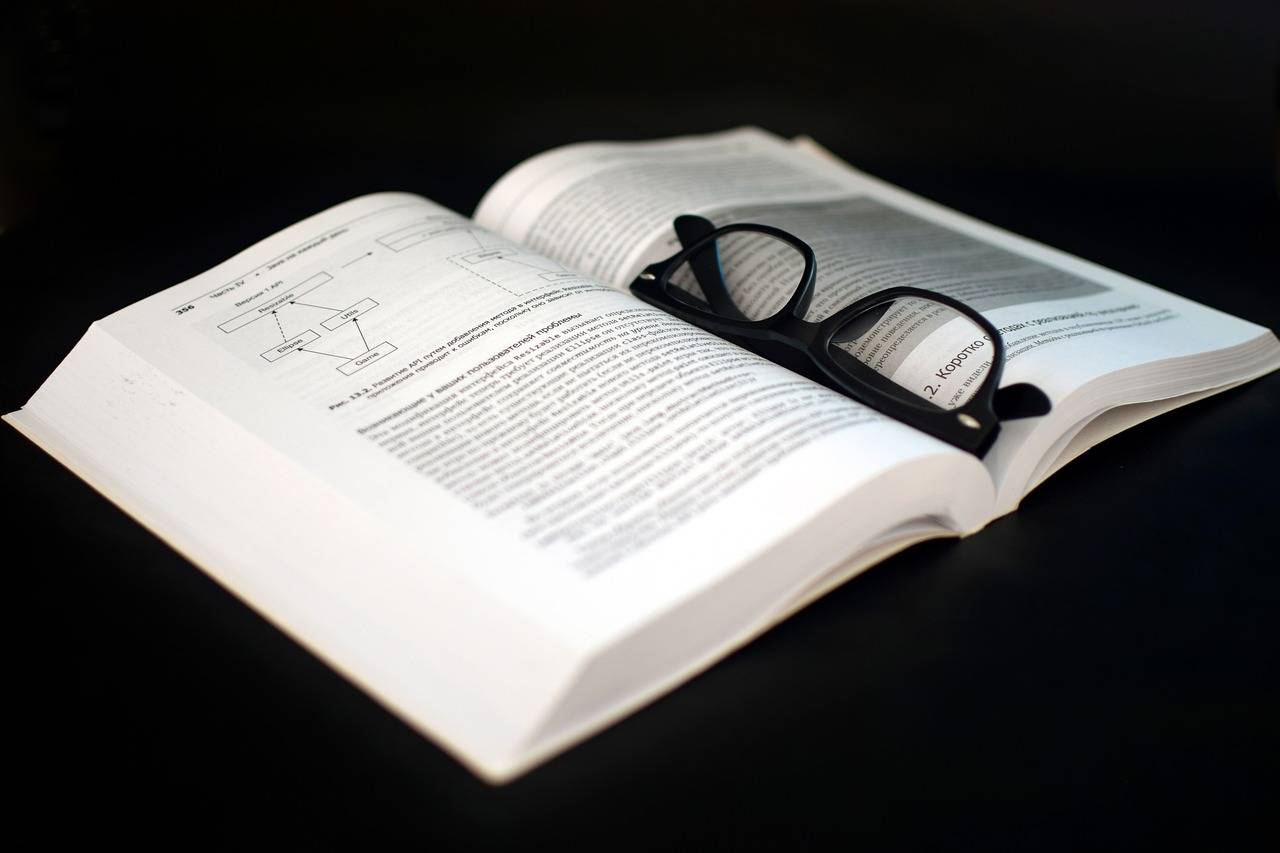Strategies for Effective Classroom Discussion
Effective communication is essential in any group setting, and setting clear expectations for participation can significantly enhance the overall interaction. By outlining specific guidelines for how individuals are expected to engage, whether through verbal contributions or active listening, a sense of structure is established that can benefit everyone involved. When participants have a clear understanding of what is expected of them, they are more likely to contribute meaningfully and respect the contributions of others.
Setting clear expectations for participation also helps cultivate a sense of accountability among group members. When individuals are aware of the standards set for their involvement, they are more likely to take ownership of their contributions and strive to meet those expectations. This proactive approach not only fosters a more positive and collaborative environment but also ensures that everyone has the opportunity to be heard and valued within the group dynamic.
Encouraging Active Listening Skills
Active listening is a crucial skill that plays a vital role in effective communication. It involves not only hearing the words being spoken but also understanding the underlying emotions and intentions behind them. One way to enhance active listening skills is to maintain eye contact with the speaker and display open body language, which indicates your attentiveness and interest in the conversation.
Additionally, it is essential to avoid interruptions while the speaker is talking and refrain from formulating a response in your mind before they have finished speaking. Instead, focus on fully comprehending their message and respond thoughtfully after they have concluded. By actively listening and showing genuine engagement in conversations, you can build stronger relationships and foster a more supportive and understanding environment.
Why is active listening important in communication?
Active listening is important in communication because it shows respect for the speaker, ensures understanding of the message, and helps build stronger relationships.
How can setting clear expectations for participation improve active listening skills?
Setting clear expectations for participation can improve active listening skills by creating a structured environment that encourages engagement and focus on the speaker.
What are some techniques to encourage active listening skills?
Some techniques to encourage active listening skills include maintaining eye contact, paraphrasing the speaker’s message, asking clarifying questions, and avoiding distractions.
How can I improve my own active listening skills?
You can improve your own active listening skills by practicing mindfulness, being present in the moment, and actively engaging with the speaker by asking questions and providing feedback.






